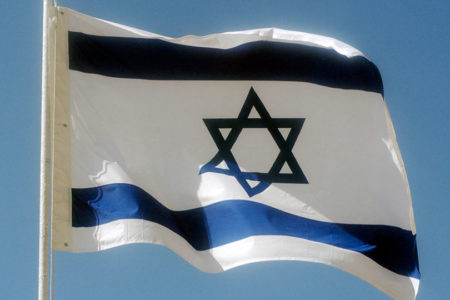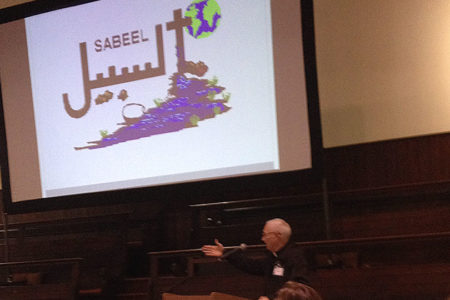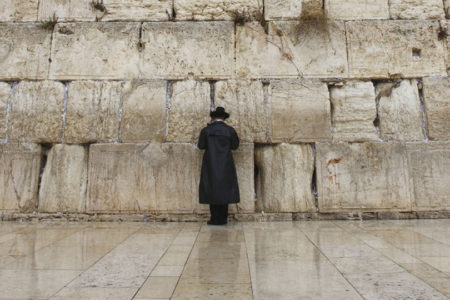Eye on the Middle East Sep/Oct 2014
It is no coincidence that Hillary Clinton’s book Hard Choices was released in June, two years before the American presidential election. She is without a government job, so the book launch and subsequent book tour make her publicly relevant.
“All of us face hard choices in our lives. Life is about making such choices. Our choices and how we handle them shape the people we become,” she said on the flyleaf. Before her book was launched, she referenced parts of it in a speech to a Washington, DC, gathering of Jewish supporters.
Concerning Iran and sanctions, she reassured her audience, “No deal is better than a bad deal. From my perspective, we cannot and should not accept any agreement that endangers Israel or our own national security.”
She also defended her record on Israel: “I have been proud to do my part to keep our relationship rock-solid over the years. America’s commitment to Israel’s security will never waver; that is not a hard choice.”
Indeed, for many Jewish Americans, Hillary for president will not be a hard choice either. Steve Rabinowitz, a former White House press aide to former President Bill Clinton, said, “We love her. It’s that simple. We want her to be president.” The Hillary they support is seen as pro-Israel.
Yet many Israelis and Israel advocates view Hillary with concern. They wonder if a President Hillary Clinton would be anything like First Lady Hillary, who sat silently on the same stage with Yasser Arafat’s wife, Suha, in 1999 as Suha accused Israel of using poison gas on the Palestinians when no such evidence existed.
They remember former First Lady Hillary who told ABC News’s Diane Sawyer in June she was “dead broke” when she and Bill left the White House. Yet her husband’s bank account grew by millions with Arab money from Dubai.
According to the late San Francisco Examiner columnist P. J. Corkery, Bill Clinton was a paid advisor and member of the board of directors of Yucaipa Companies, which has global investment ties to Dubai in the United Arab Emirates. Dubai is in the part of the world that blatantly discriminates against women, abuses workers, and bans Israelis and their products from entering the country. Both Clintons have ties to Dubai.
Would a President Hillary be the same as Secretary of State Hillary, who former Israeli Ambassador Michael Oren said brought the two countries’ relations to their lowest ebb in 35 years?
How did she achieve this feat? First, by supporting the Obama administration’s demand that Israel put a freeze on settlements as a precondition to peace talks. She believed it was the only way to get the Palestinians to negotiate. She even appeared on Al Jazeera TV (owned by a regime that doesn’t recognize Israel’s right to exist) and said, “We want to see a stop to settlement construction, additions, natural growth––any kind of settlement activity.”
Then she bullied Israeli Prime Minister Benjamin Netanyahu in a telephone call described by a State Department spokesman as unusually undiplomatic. The Weekly Standard described the call as “now-infamous.” It reported Mrs. Clinton “berated and threatened” Netanyahu for 45 minutes. Yet when Netanyahu imposed a 10-month settlement freeze in hopes the Arabs would respond, they did not. They remained silent, just as Secretary of State Clinton was silent.
So which Hillary wants to run for president? What if we answer using her response to the Senate Foreign Relations Committee when asked how and why four Americans were killed in the September 11, 2012, Benghazi, Libya, terror attack: “What difference at this point does it make?”
With Iran edging closer to becoming a nuclear threat; Hamas joining with the Palestinian Authority; and Syria and the Islamic State of Iraq and Syria (ISIS) seeking expansion through Africa, the Middle East, and Europe, it makes a big difference which Hillary runs. Unfortunately, neither one of them would be good for Israel.







